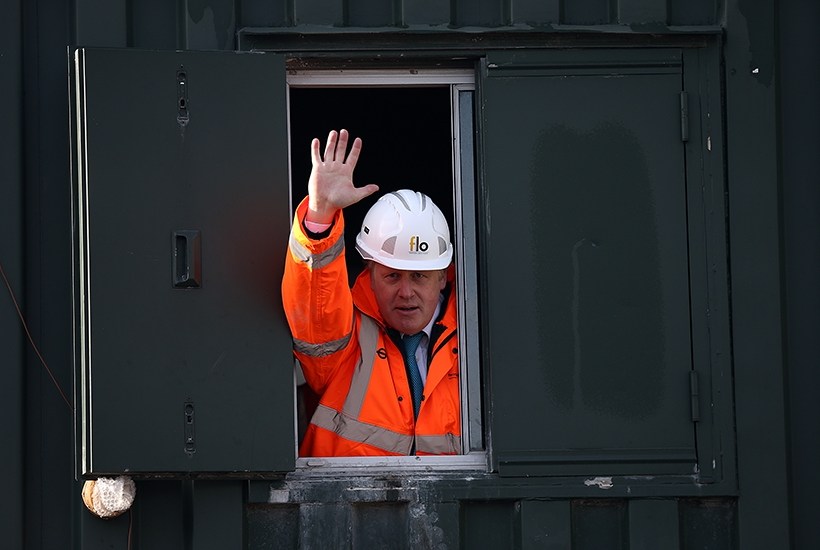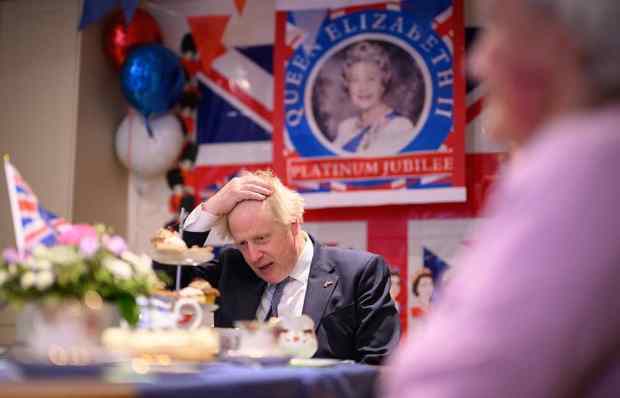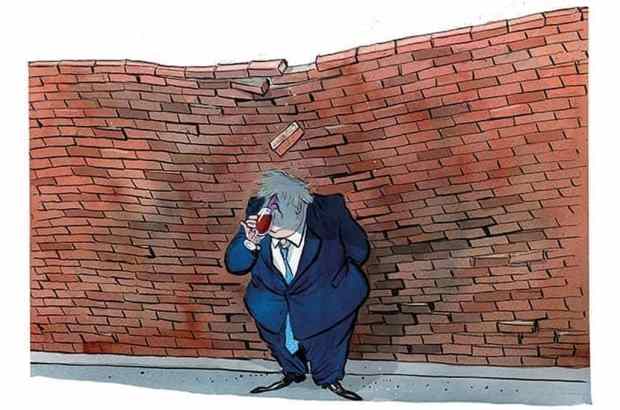The government will pass the test it has set itself: schools in England will return next week. Pupils may well have to wear masks at times, but they will be back in the classroom. Yet ministers privately acknowledge this isn’t the real challenge. The bigger question is what effect the return of schools has on the prevalence of the virus and what happens to education in the case of further local outbreaks.
Already a subscriber? Log in
Subscribe for just $2 a week
Try a month of The Spectator Australia absolutely free and without commitment. Not only that but – if you choose to continue – you’ll pay just $2 a week for your first year.
- Unlimited access to spectator.com.au and app
- The weekly edition on the Spectator Australia app
- Spectator podcasts and newsletters
- Full access to spectator.co.uk
Unlock this article
SPECTATOR.CO.UK/SHOTS
Hear daily political analysis from James Forsyth, Katy Balls, Fraser Nelson and more.
You might disagree with half of it, but you’ll enjoy reading all of it. Try your first month for free, then just $2 a week for the remainder of your first year.















Comments
Don't miss out
Join the conversation with other Spectator Australia readers. Subscribe to leave a comment.
SUBSCRIBEAlready a subscriber? Log in